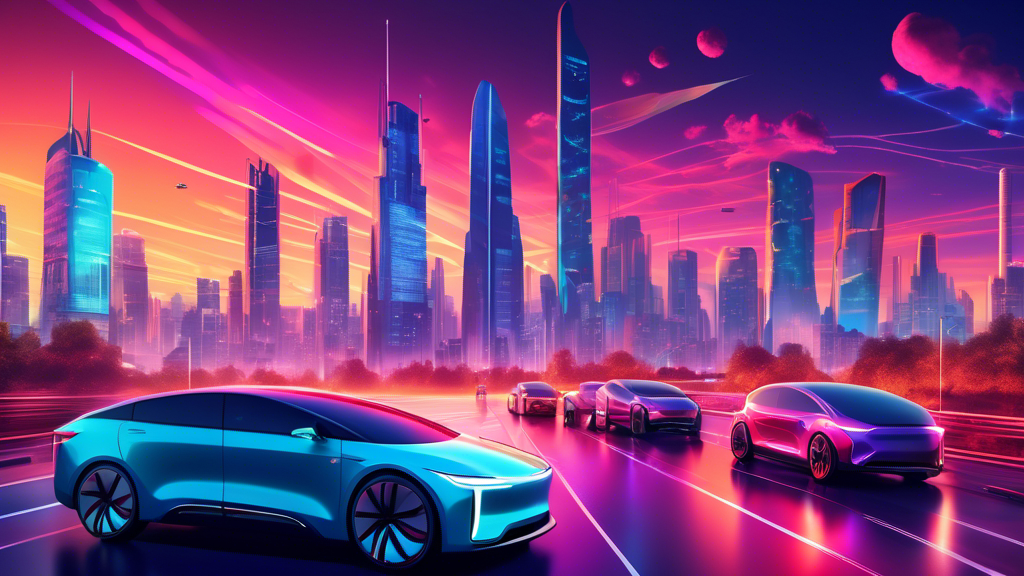
BYD’s Rise in the Electric Vehicle Market
BYD, short for Build Your Dreams, is a Chinese automaker that has quickly ascended to prominence in the global electric vehicle (EV) industry. Founded in 1995 as a battery manufacturing company, BYD has evolved into a powerhouse in electric transportation, leveraging its expertise in rechargeable batteries to become a significant player in the EV market. This transformation has put BYD in a position where it is now poised to surpass Tesla, the American company that has long been the standard-bearer for electric vehicles.
The Evolution of BYD
BYD’s journey from a battery maker to a leading electric vehicle manufacturer is a testament to its ambitious vision and commitment to innovation. Initially focusing on rechargeable batteries for various applications, BYD quickly identified the potential of electric mobility. The company began producing electric vehicles in 2003, well ahead of the global push towards electrification. Over the years, BYD has expanded its portfolio to include many electric and plug-in hybrid vehicles, including buses, trucks, and passenger cars.
Competing with Tesla
Tesla is the most prominent name in the EV space, and it is credited with accelerating the world’s transition to sustainable energy. However, BYD’s comprehensive approach to the EV market, its massive production capacity, and its deep experience in battery technology have made it a formidable competitor. Unlike Tesla, which primarily focuses on passenger cars, BYD has diversified its offerings to cover a broad spectrum of the electric mobility market, including commercial vehicles, which present a significant growth opportunity.
Critical Factors Behind BYD’s Success
Innovation and Expansion
BYD has consistently stayed at the forefront of battery technology and EV design. Its Blade Battery, introduced in 2020, is a significant advancement, offering improved safety and efficiency. This innovation exemplifies BYD’s ability to develop technology that meets the evolving needs of the electric vehicle market. Furthermore, BYD’s global expansion strategy has seen its electric buses and taxis operating in cities worldwide, from Los Angeles to London, showcasing the international appeal of its electric vehicles.
Government Support and Market Penetration
The Chinese government’s aggressive policies to promote electric vehicles have also played a crucial role in BYD’s rise. Substantial subsidies and incentives for EV manufacturers and buyers have spurred domestic demand, allowing BYD to capture a significant share of the world’s largest auto market. This support has enabled BYD to scale up production and reduce costs through economies of scale, giving it a competitive edge in domestic and international markets.
Looking to the Future
As the global auto industry continues its shift towards electrification, BYD’s position in the market seems increasingly secure. The company’s strong focus on research and development promises further technological advancements, potentially leading to even more efficient and affordable electric vehicles. Moreover, as BYD continues expanding its international presence, its brand recognition and influence in the global EV market will likely increase.
While Tesla’s contributions to the electric vehicle revolution are undeniable, BYD’s comprehensive strategy, innovative technologies, and broad market approach position it as a strong contender poised to surpass Tesla. It represents a transition towards electric vehicles and a redefinition of global leadership in the auto industry. As BYD continues to grow, it is reshaping the future of transportation, proving that the dream of a sustainable, electric-powered world is well within reach.
